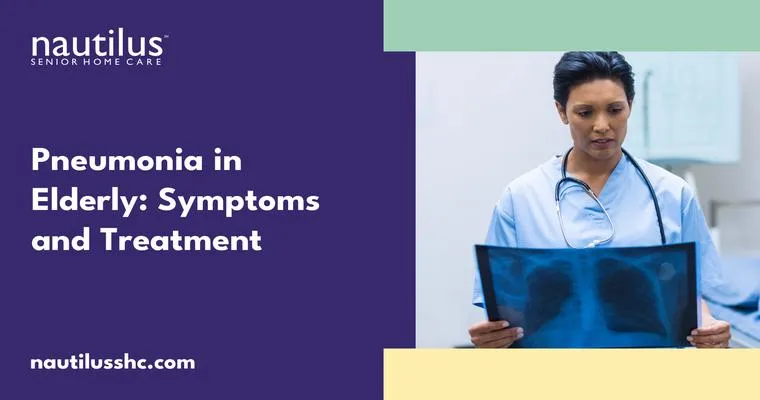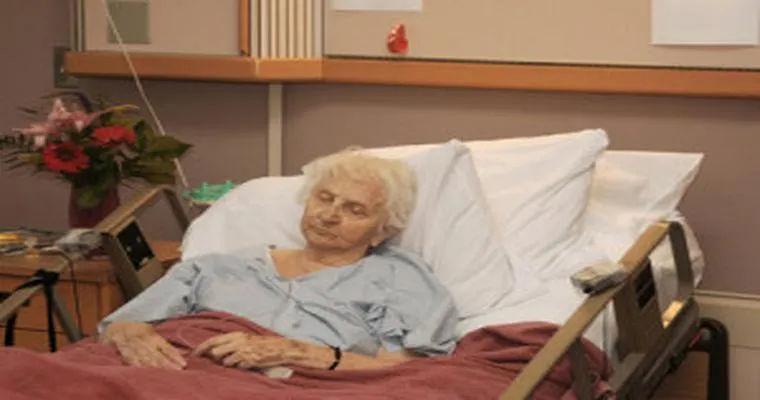As we age, our bodies undergo various changes that can make us more vulnerable to illnesses, particularly "pneumonia". This respiratory infection can be particularly severe in older adults due to a combination of factors. Understanding why older adults are more susceptible to pneumonia is crucial for prevention and effective management of this potentially life-threatening condition.
One of the primary reasons older adults are at an increased risk is the natural decline of the "immune system" that occurs with age. The immune response weakens, making it harder for the body to fight off infections, including pneumonia. In addition, older individuals often have "comorbidities" such as diabetes, heart disease, or chronic obstructive pulmonary disease (COPD), which can further compromise their immune systems and increase the likelihood of developing pneumonia.
Another contributing factor is the physiological changes in the lungs as we age. The lung tissue can lose elasticity, which affects the ability to clear mucus and other secretions. This accumulation can create an ideal environment for bacteria and viruses to thrive, leading to infections. Moreover, older adults may experience decreased mobility, which can hinder effective lung expansion and drainage, thereby increasing the risk of respiratory infections.
Additionally, older adults are more likely to be hospitalized due to other health issues, and the hospital environment can expose them to various pathogens that cause pneumonia. Furthermore, the use of certain medications, such as corticosteroids or immunosuppressants, can weaken the immune system, making it easier for pneumonia to take hold.
Preventive measures are essential for reducing the risk of pneumonia in older adults. Vaccinations, such as the pneumococcal vaccine and the annual flu shot, can significantly decrease the chances of contracting pneumonia. Maintaining a healthy lifestyle that includes a balanced diet, regular exercise, and adequate hydration can also bolster the immune system.
Understanding why older adults are more susceptible to pneumonia is vital for caregivers, healthcare providers, and families. By recognizing the risk factors and implementing preventive strategies, we can help protect this vulnerable population from pneumonia and its serious complications.





